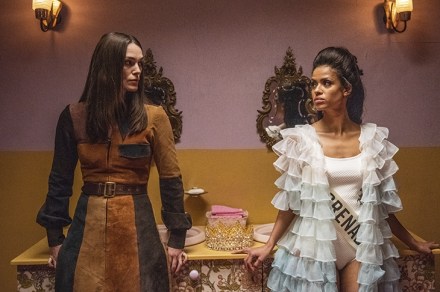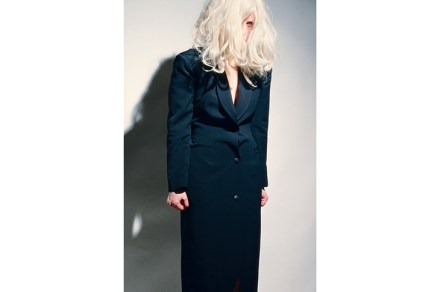No, Ben Bradley: we don’t need a minister for men
Happy International Men’s Day! Sorry I’m late by one day, it’s just that I don’t really know what it’s for. I mean, yes, I’m grateful for its existence on International Women’s Day whenever someone says ‘Ah, but when is International Men’s Day?’, and I can reply: ’19 November’. But even then, it basically spoils a much better answer, which is to say, ‘Every other day of the year is International Men’s Day.’ Anyway, it was International Men’s Day, and as usual the vast majority of men did not care. But one man who cared very much indeed was Conservative MP Ben Bradley, who gave a speech in Parliament about how
















